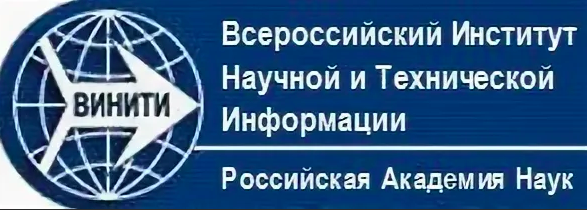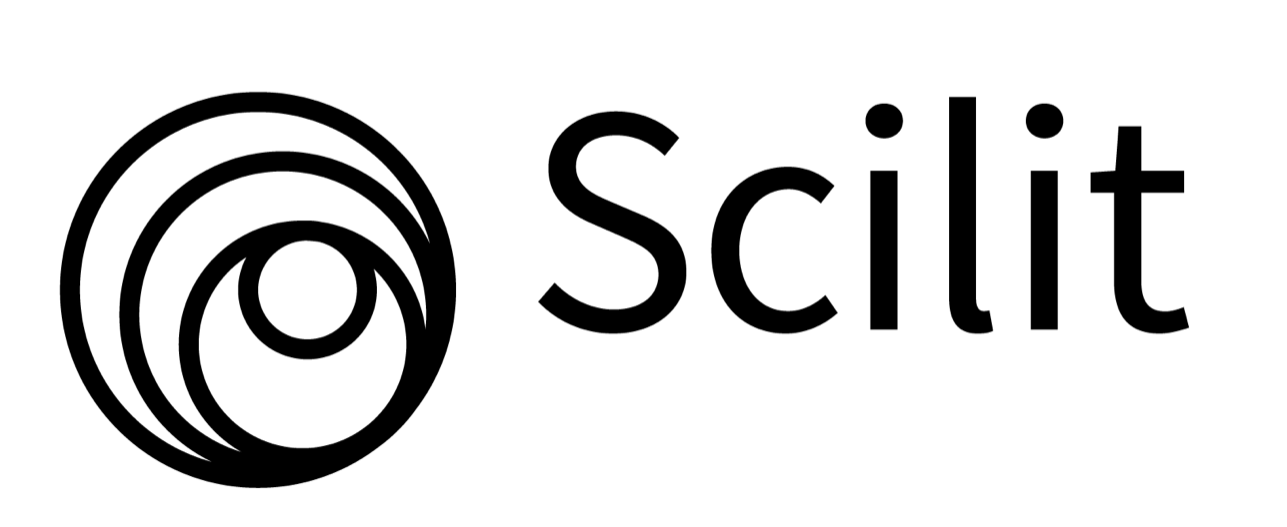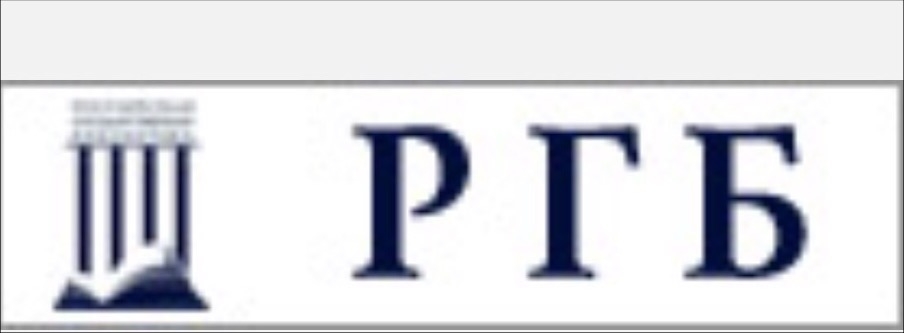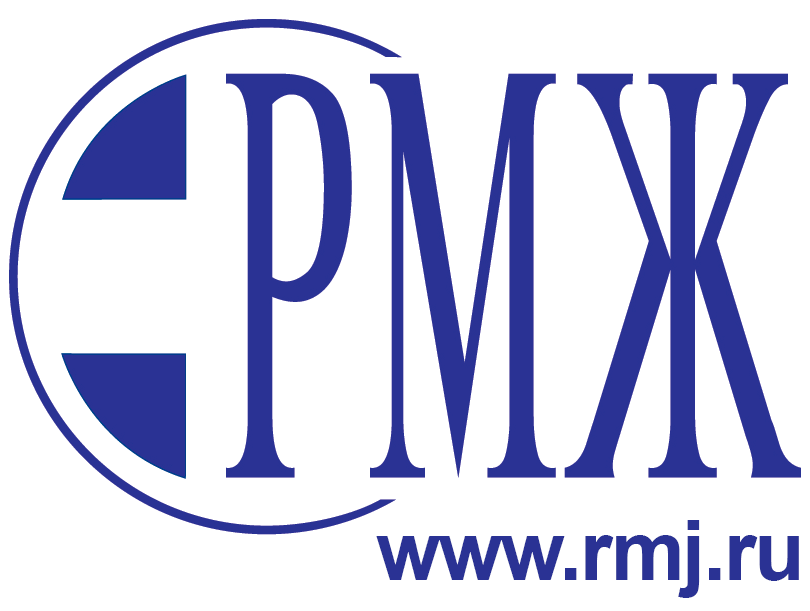Rules for peer review
All papers, corresponding to the issue topic "Russian Medical Inquiry" (received by the editorial office), are subject to mandatory blind peer review (the authors of the paper do not know the reviewer).
Scientists with recognized authority and working in the area of knowledge, to which the manuscript content belongs, are engaged in the peer review. The reviewer could not be the author or co-author of the peer-reviewed publication, as well as the academic advisor (consultant) for academic degree applicants and the officer of the unit in which the author works. Reviewers shall not make copies of manuscripts for their own needs, store them in the PC memory, as well as to give part of the manuscript for peer-review to another person without the permission of the editors. Reviewers shall not turn to account the content knowledge of the work before its publication. The review is signed by a specialist with the print name, date, academic degree, academic rank, official capacity and full address.
Reviews are discussed by the editorial board and serve as a basis for acceptance or rejection of manuscripts.
Reviews of the submission received are stored in the editorial office for 5 (five) years.
Executed manuscripts not adapted to the instructions for the authors of "Russian Medical Inquiry" and not containing contact information about the authors, responsible for correspondence, are not considered.
Peer review objectively evaluates the scientific article and contains a comprehensive analysis of its scientific and methodological benefits and deficiencies. Peer review is executed in free form, with the mandatory coverage of the following provisions:
– Relevance (brief substantiation of the conditions that caused the need for task (problem) statement and solution);
– Research scientific novelty (a brief description of the new scientific result obtained by the author);
– Assigned task significance and practical significance (what exactly is obtained by the author(s) and how it can be applied and implemented in practice);
– Adequacy and up-to-dateness of research methods and statistical processing of materials;
– Sufficiency of materials in the study;
– Authenticity and consistency of the summary on obtained results;
– Compliance of the summary on study purpose and objectives;
– Elaboration quality of literary sources (the correspondence of the presented list of references to the current level of problem development);
– Paper submission quality as a whole: style, terminology, wording, and compliance with the execution rules adopted in the editorial office.
The final part of the peer review contains substantiate summary about the manuscript as a whole and a specific recommendation on its publication appropriateness or the need for its further revision. In case of a negative assessment for the manuscript, the reviewer either rejects the article or recommends the article for publication after correcting the noted shortcomings, necessarily giving recommendations to improve the manuscript to the author (indicating the deficiencies and errors made by the author).
The editorial office informs the author of the peer-review result (in electronic form). Papers modified by the author are re-sent for peer-review to the same reviewer who made censorious remarks. If the author disagrees with the reviewer remarks, he can once apply for re-reviewing by another researcher or withdraw the article.
The editorial board makes the final decision on the publication appropriateness after peer review.
Reviews are submitted to the relevant authorities upon request. The editorial office of the journal does not keep manuscripts that are not accepted for the press. Manuscripts accepted for publication are not returned.


















